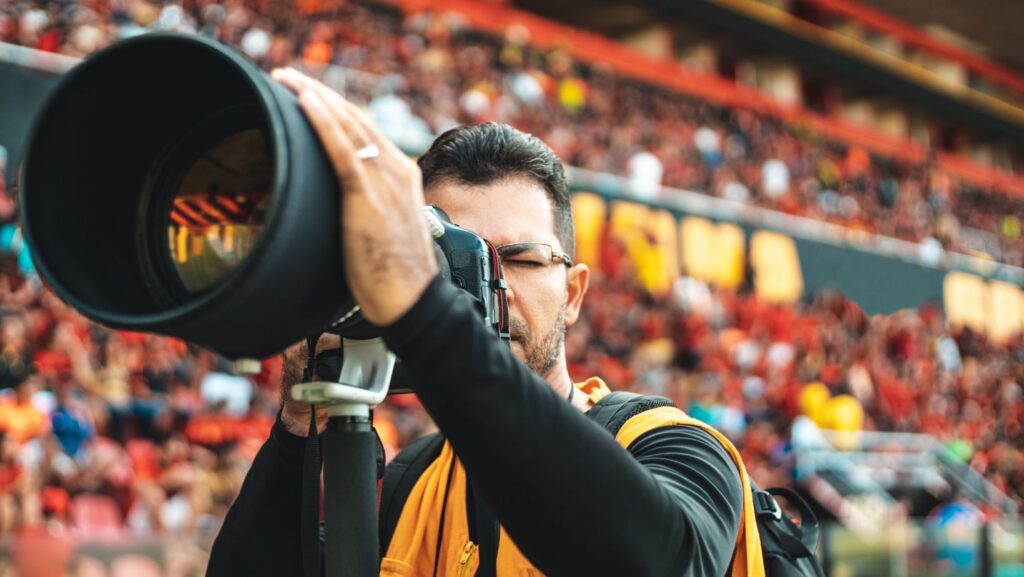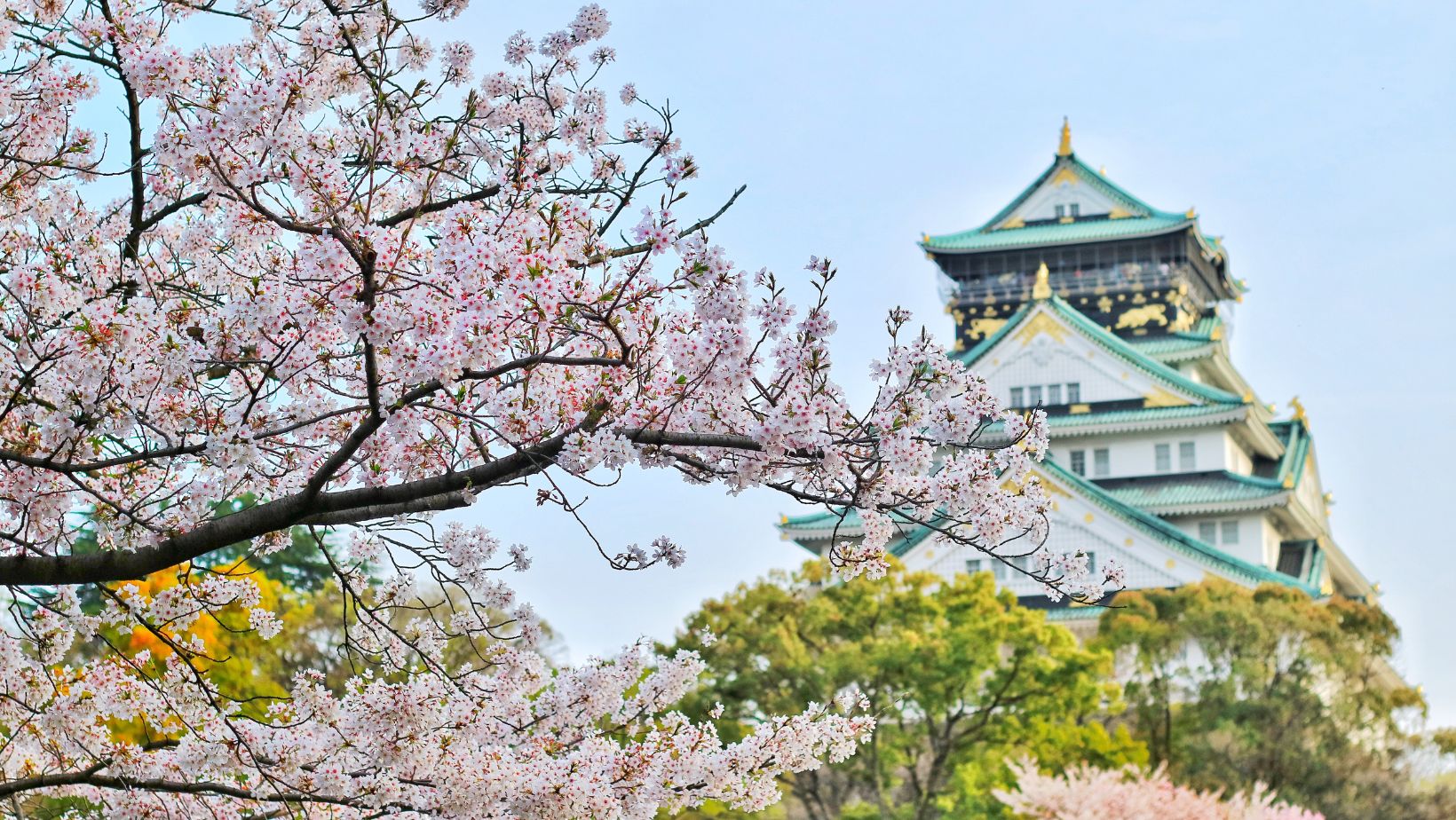In the fast-paced world of sports, capturing the perfect shot can be as challenging as the game itself. That’s where the sports photography lens comes into play. It’s not just about the camera, but the lens plays a pivotal role in freezing those action-packed moments into beautiful stills.
Whether you’re a seasoned pro or a budding enthusiast, understanding the nuances of these specialized lenses can elevate your game.
Sports Photography Lens
Focal Length Range for Various Sports
Exploring specific sports demands an understanding of the lens’s focal length. In shooting sports events, the juxtaposed action makes it essential  to identify the correct focal length, ultimately influencing the impact of final shots. For instance, tennis matches often necessitate a lens with a focal length of around 200mm to 400mm for capturing the rapid play. On the reverse spectrum, indoor sports like basketball and volleyball may only mandate the use of a lens with ranging from 70mm to 200mm in focal length.
to identify the correct focal length, ultimately influencing the impact of final shots. For instance, tennis matches often necessitate a lens with a focal length of around 200mm to 400mm for capturing the rapid play. On the reverse spectrum, indoor sports like basketball and volleyball may only mandate the use of a lens with ranging from 70mm to 200mm in focal length.
Football and other field sports, given their expansive coverage, recommend lenses with a focal length typically within the range of 300mm to 600mm. Condensed sports events, such as gymnastics or diving, could achieve stunning shots using a lens with focal range of between 70mm to 300mm.
In essence, a sports photography lens’s focal length determines the scope of capturing the essence and intensity of a sports event. It’s not a one-size-fits-all solution, instead, consider each sport’s dynamics and accordingly align the lens choice. Factors including distance from the subject, speed of action, and indoor or outdoor setting dictate the optimal lens specs. Sports photographers, amateurs or professionals, attain their vivid, high-speed shots through precise selection and mastery of these lenses.
Top Lens Features for Capturing Sports Moments
Sport photography compositions hinge on the lens’s capabilities. A sports photography lens brings several specialized features into play, crucial for obtaining the desired results. These include image stabilization, weather sealing, and customizable focus settings.
Image Stabilization Benefits
In sports photography, image stabilization is key. It helps to reduce blurriness caused by sudden fast movements or panning shots. This feature is beneficial particularly when shooting at slow shutter speeds or in low light scenarios, such as indoor sport events. For instance, consider a competitive ice-skating event. With challenging lighting and fast movement, image stabilization assists photographers in capturing pin-sharp images even under demanding conditions. Thus, sports photographers prioritize a lens with top-notch image stabilization capabilities.
Weather-Sealing for Outdoor Events
Weather-sealing becomes instrumental for photographers shooting outdoors events, where weather conditions are unpredictable. A sports photography lens with a robust weather-sealing feature ensures photographers can operate irrespective of rain, snow, or dusty conditions. For example, during an intense football match under a heavy downpour, a weather-sealed lens allows capturing of every moment without the risk of water damage. Such lenses are built for resilience, making it an essential feature in outdoor sports photography.
photography lens with a robust weather-sealing feature ensures photographers can operate irrespective of rain, snow, or dusty conditions. For example, during an intense football match under a heavy downpour, a weather-sealed lens allows capturing of every moment without the risk of water damage. Such lenses are built for resilience, making it an essential feature in outdoor sports photography.
Customizable Focus Settings
The customizable focus setting in sports photography lenses is another pivotal feature. It provides the ability to swiftly shift focus from one subject area to another without interfering with the image’s sharpness. In sports where the actions are fast-paced and unpredictable, such as motorsports or athletics, this proves crucial. A lens with customizable focus settings provides sports photographers with the versatility and adaptability demanded by such dynamic sports. It enables them to capture every defining moment at the highest level of precision possible.
Maintaining Your Sports Photography Lens
It’s clear that the right sports photography lens can make or break your shot. Understanding the focal length needed for each sport is key. Whether you’re shooting tennis or motorsports, you’ll need to adjust your lens accordingly. But it’s not just about the focal length. It’s also about image stabilization, weather sealing, and customizable focus settings. These features ensure you’re ready for any situation, no matter how fast-paced or unpredictable the sport. So, whether you’re a novice or a seasoned professional, investing time in understanding and maintaining your lens will pay off. You’ll capture those dynamic moments with precision and clarity. And that’s what sports photography is all about.



